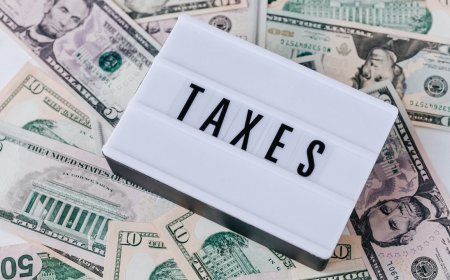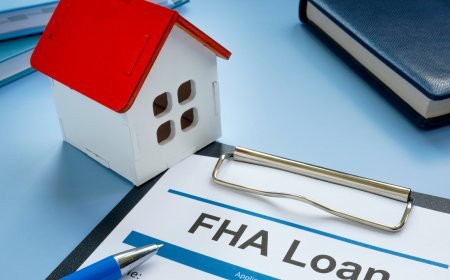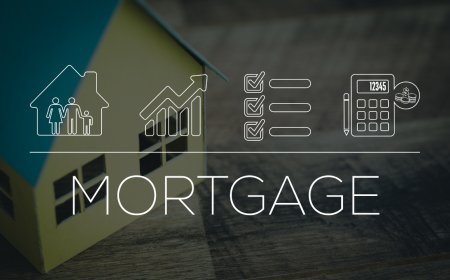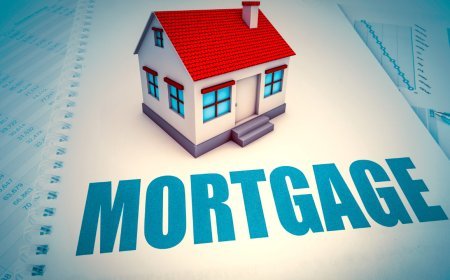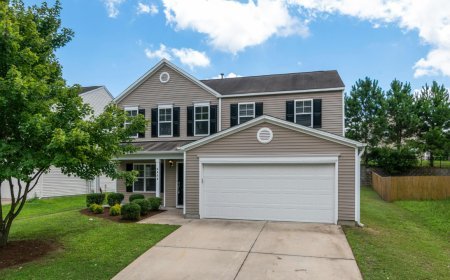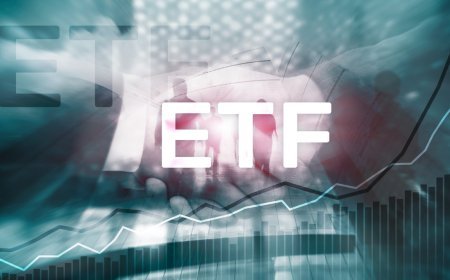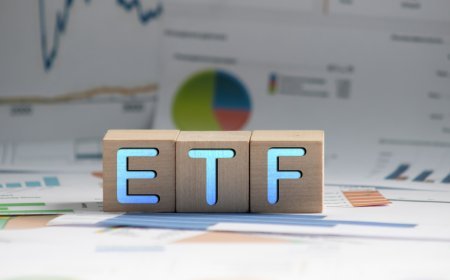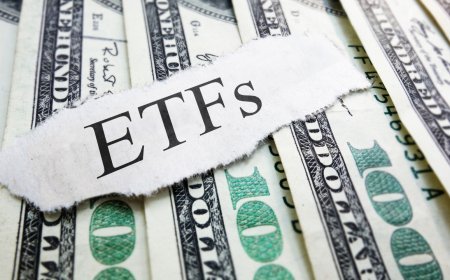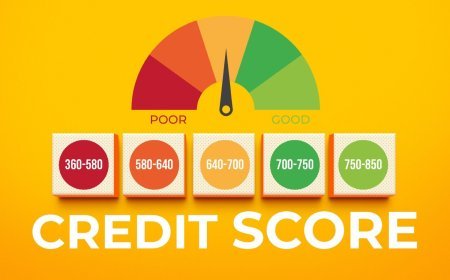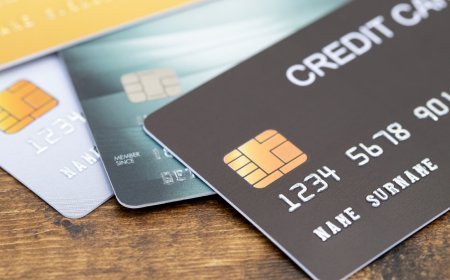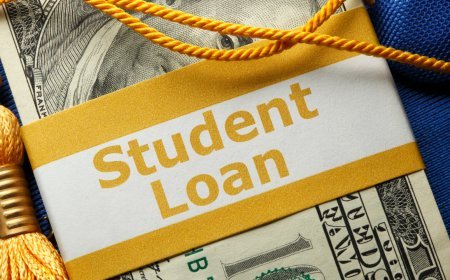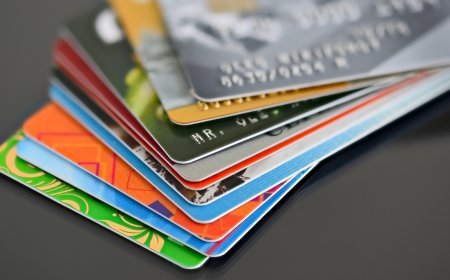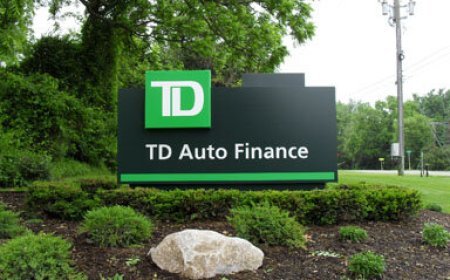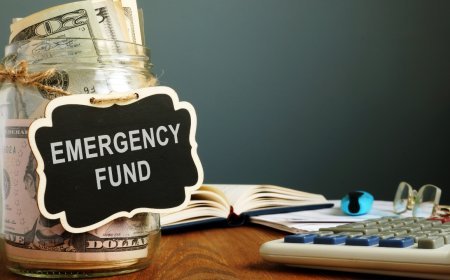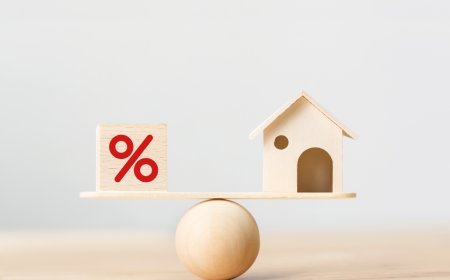Can You Get a Mortgage with Bad Credit in 2025?
Navigating the housing market in 2025 is tough enough with high interest rates and stubborn home prices. If you’re dealing with bad credit—say, a FICO score below 620—you might feel like homeownership is out of reach. The good news? It’s not impossible to get a mortgage with bad credit, but it comes with hurdles and trade-offs. Let’s explore your options and how to boost your chances in today’s market.
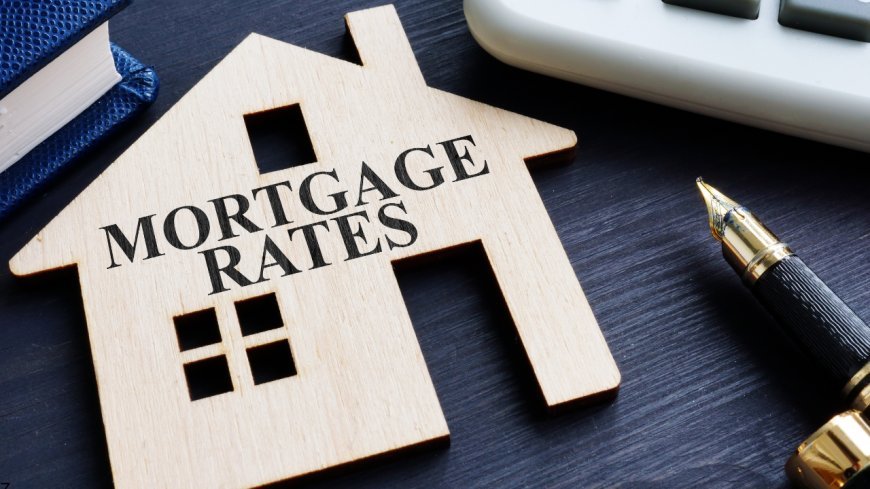
In This Article:
-
What Counts as Bad Credit?: Defining the credit score range and why it matters.
-
Mortgage Options for Bad Credit: Loan types that work for lower scores in 2025.
-
Challenges of Bad Credit Mortgages: Higher rates, fees, and other obstacles.
-
Steps to Improve Your Chances: Practical ways to strengthen your application.
-
Should You Wait to Buy?: Weighing the pros and cons of acting now vs. rebuilding credit.
What Counts as Bad Credit?
In the mortgage world, “bad credit” typically means a FICO score below 620. Here’s how scores break down for 2025 lending standards:
-
Excellent (740+): Best rates, lowest fees.
-
Good (670-739): Competitive terms, manageable costs.
-
Fair (620-669): Higher rates, stricter terms.
-
Poor (Below 620): Limited options, costly loans.
As of October 2025, the average U.S. credit score is around 702, but about 15% of Americans fall below 620, per recent Experian data. Bad credit often stems from missed payments, high credit card balances, or past bankruptcies. Lenders see lower scores as higher risk, which impacts your loan terms.
Mortgage Options for Bad Credit
You can still qualify for a mortgage with bad credit, thanks to specialized loan programs. Here are the main options in 2025:
-
FHA Loans: Backed by the Federal Housing Administration, these are the go-to for bad credit borrowers. Minimum credit scores can be as low as 500 with a 10% down payment or 580 with 3.5% down. FHA loans are forgiving but require mortgage insurance premiums (MIP), adding $100-$200/month on a $300,000 loan.
-
VA Loans: For eligible veterans and active-duty military, VA loans often have no minimum credit score (though lenders typically want 580-620). They offer 0% down and no PMI, but you’ll need a Certificate of Eligibility and pay a funding fee (1-3% of the loan).
-
USDA Loans: Aimed at rural homebuyers with low-to-moderate incomes, USDA loans accept scores as low as 580. They offer 0% down but are geographically limited and require mortgage insurance.
-
Non-QM Loans: Non-qualified mortgages from private lenders cater to those with scores below 600 or irregular income (e.g., self-employed). They’re flexible but come with steep rates—often 8-10%—and higher down payments (15-20%).
-
Portfolio Loans: Some banks keep loans in-house and may approve scores as low as 550, especially if you’re a loyal customer. Terms vary widely, so shop around.
Note: Conventional loans (not government-backed) typically require 620+, making them tough for bad credit borrowers.
Challenges of Bad Credit Mortgages
Securing a mortgage with bad credit isn’t just about qualifying—it’s about affordability. Expect these hurdles:
-
Higher Interest Rates: A 580 score might get you a 7.5% rate when 740+ scores snag 6.3%. On a $300,000 loan, that’s an extra $200/month or $72,000 over 30 years.
-
Bigger Down Payments: FHA loans need 10% down below 580; non-QM loans may demand 20%.
-
Mortgage Insurance: FHA and USDA loans require ongoing insurance, inflating monthly costs.
-
Stricter Debt-to-Income (DTI) Ratios: Lenders cap DTI at 43-50%, so high credit card or student loan debt can disqualify you.
-
Limited Lender Options: Fewer banks offer bad credit loans, reducing your bargaining power.
Recent 2025 data shows FHA loans make up 25% of mortgages for scores under 620, but approval rates drop to 60% compared to 85% for higher scores.
Steps to Improve Your Chances
You can boost your odds of approval and get better terms with these strategies:
-
Raise Your Credit Score: Pay down credit card balances to below 30% utilization (e.g., $300 on a $1,000 limit). Dispute errors on your credit report via Experian, Equifax, or TransUnion. Even a 20-point bump helps.
-
Save a Larger Down Payment: Aim for 10-20% to offset lender risk. On a $250,000 home, that’s $25,000-$50,000, which could come from savings or family gifts.
-
Lower Your DTI: Pay off small debts or consolidate high-interest loans. A DTI below 36% is ideal.
-
Shop Multiple Lenders: Compare at least three—online platforms like LendingTree or local credit unions often have flexible programs. As of October 2025, Rocket Mortgage and New American Funding are known for FHA leniency.
-
Get a Co-Signer: A relative with strong credit can back your loan, though they’re liable if you default.
-
Work with a Housing Counselor: HUD-approved counselors (find them at hud.gov) offer free advice to navigate FHA or USDA programs.
Pro tip: Apply for pre-approval to know your budget and signal seriousness to sellers.
Should You Wait to Buy?
Deciding whether to apply now or rebuild your credit depends on your situation:
Reasons to Act Now:
-
Market Timing: Home prices are up 4% year-over-year; waiting could mean a $15,000 higher price on a $350,000 home.
-
Rent Costs: If you’re paying $1,800/month in rent, buying now (even at 7.5%) builds equity faster.
-
FHA Flexibility: Low down payments and lenient standards make 2025 a viable time to buy.
Reasons to Wait:
-
Better Rates: Improving your score to 620+ could save $100-$200/month. A year of credit repair might push you from 580 to 650.
-
Financial Stability: If your DTI is above 50% or savings are thin, you risk foreclosure.
-
Rate Forecasts: Experts predict rates dipping to 5.8-6% by late 2026, potentially saving $50-$100/month.
Use tools like Bankrate’s mortgage calculator to compare scenarios. If your score is near 600 and you can boost it in 6-12 months, waiting might pay off. Otherwise, FHA or VA loans make buying feasible now.
Conclusion
Yes, you can get a mortgage with bad credit in 2025, especially through FHA, VA, or USDA loans, but expect higher costs and stricter terms. By improving your credit, saving more, or shopping lenders, you can tilt the odds in your favor. Weigh your timeline and finances carefully—homeownership is possible, but preparation is key. Have tips or questions about bad credit mortgages? Share them below!
What's Your Reaction?
 Like
0
Like
0
 Dislike
0
Dislike
0
 Love
0
Love
0
 Funny
0
Funny
0
 Angry
0
Angry
0
 Sad
0
Sad
0
 Wow
0
Wow
0

